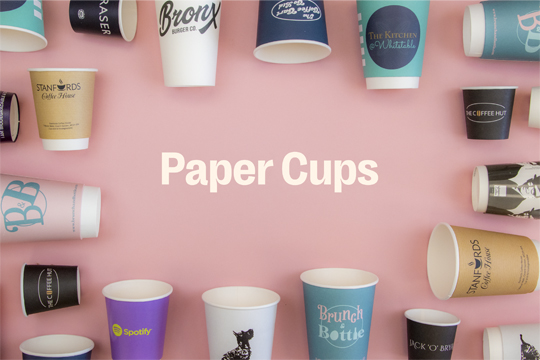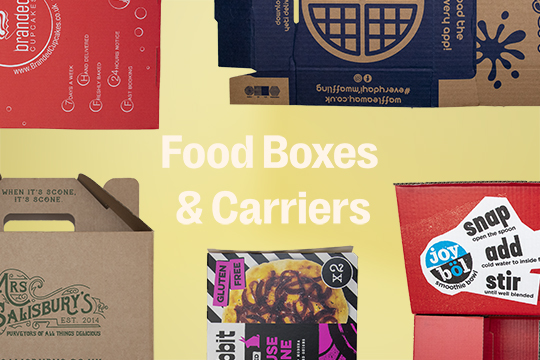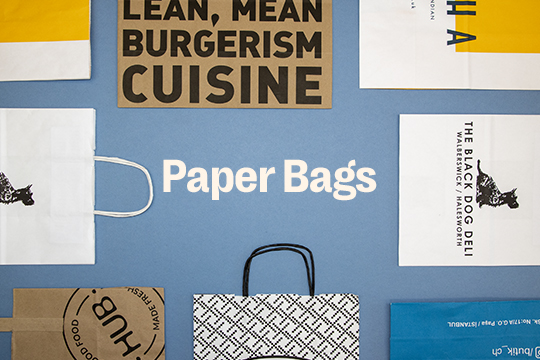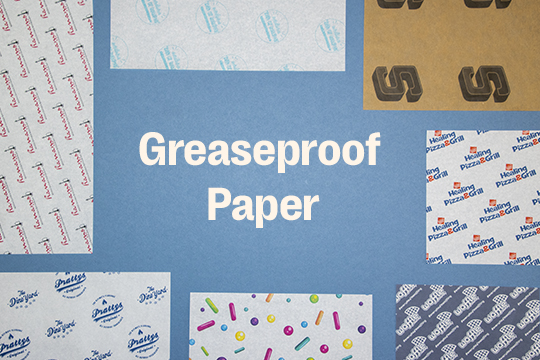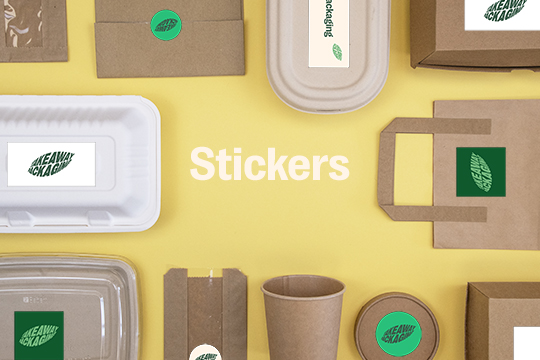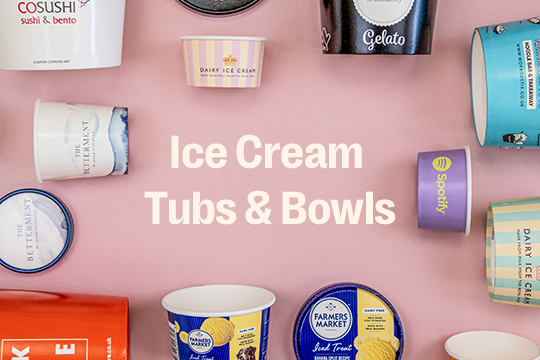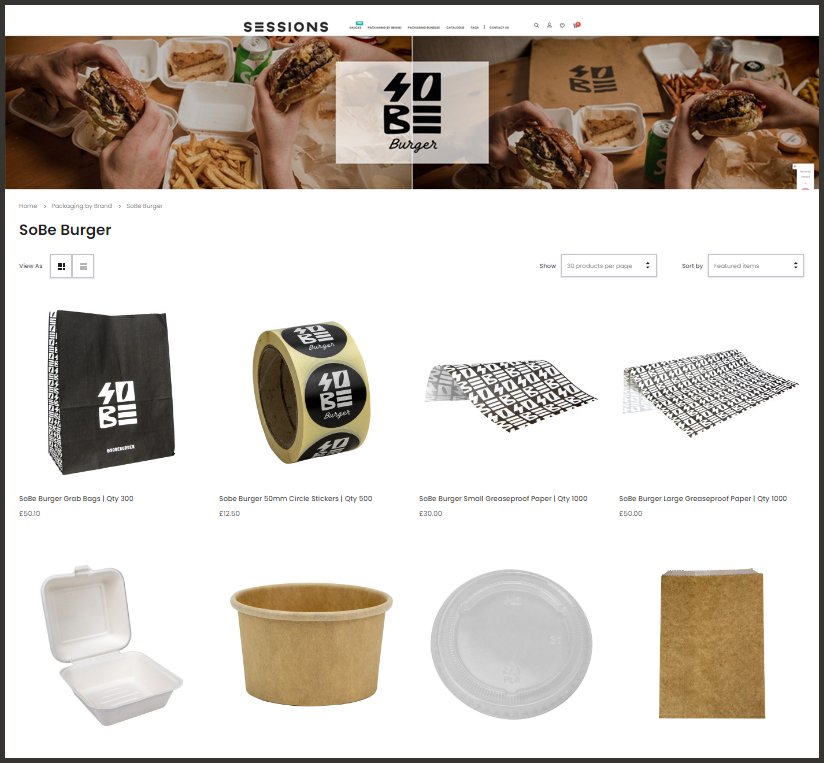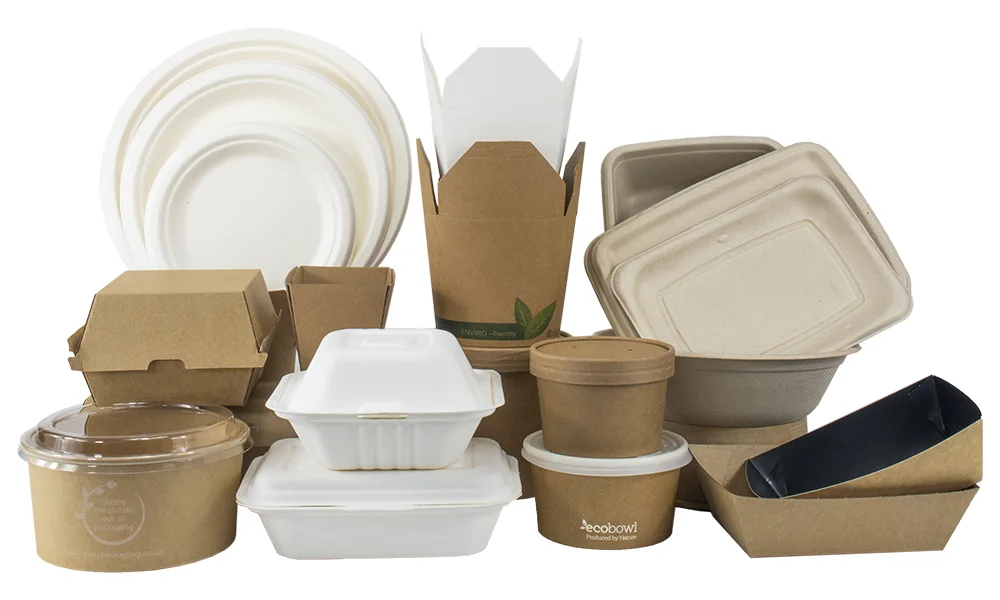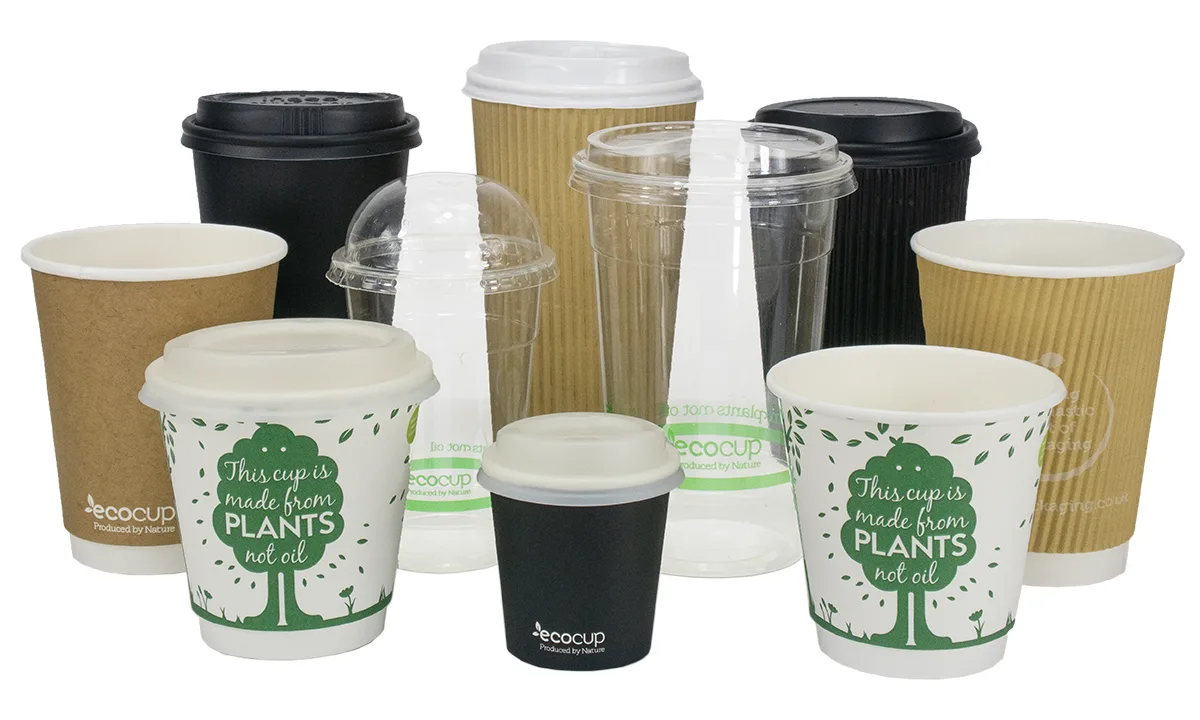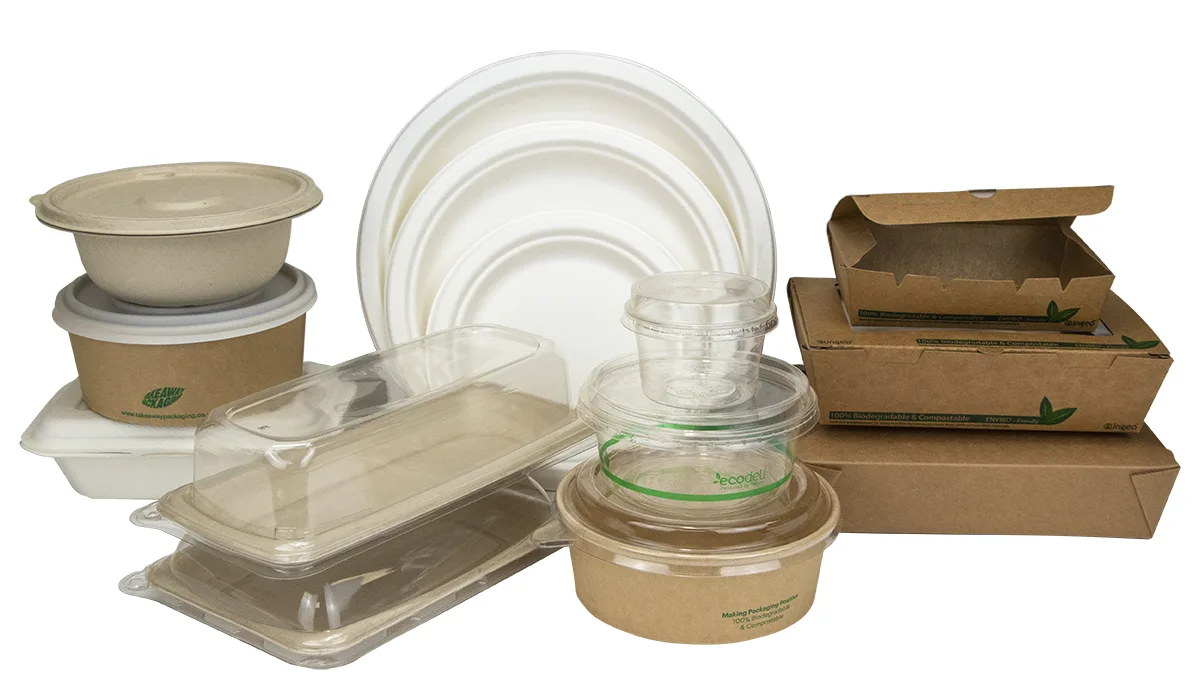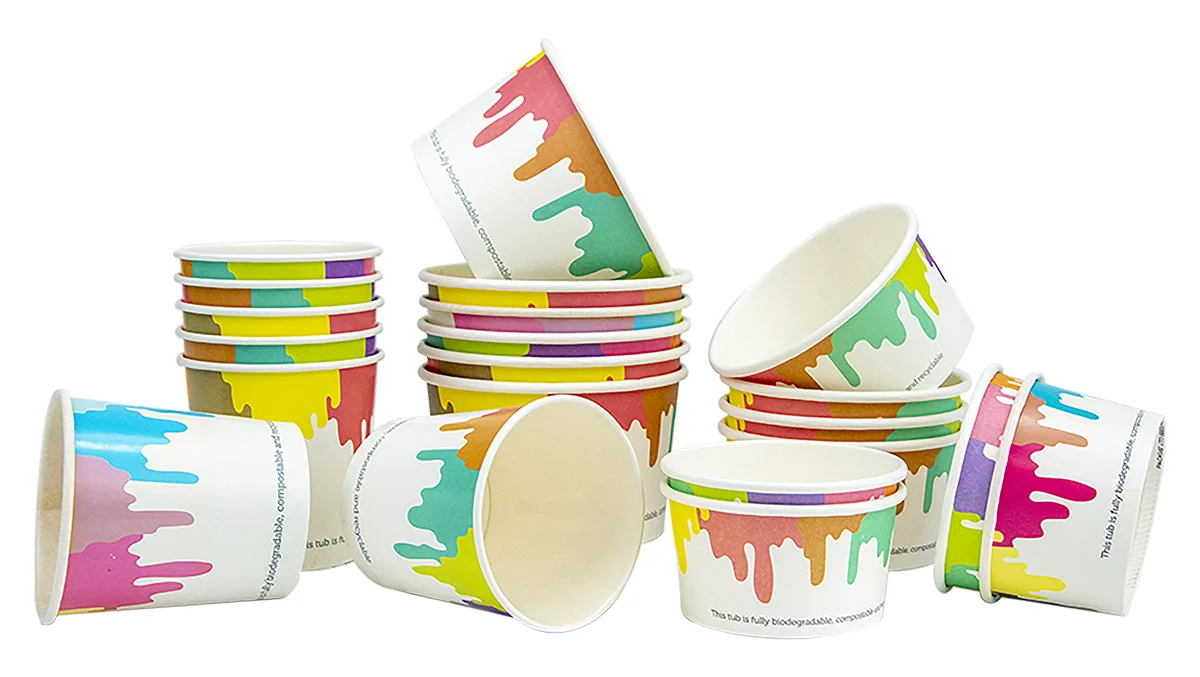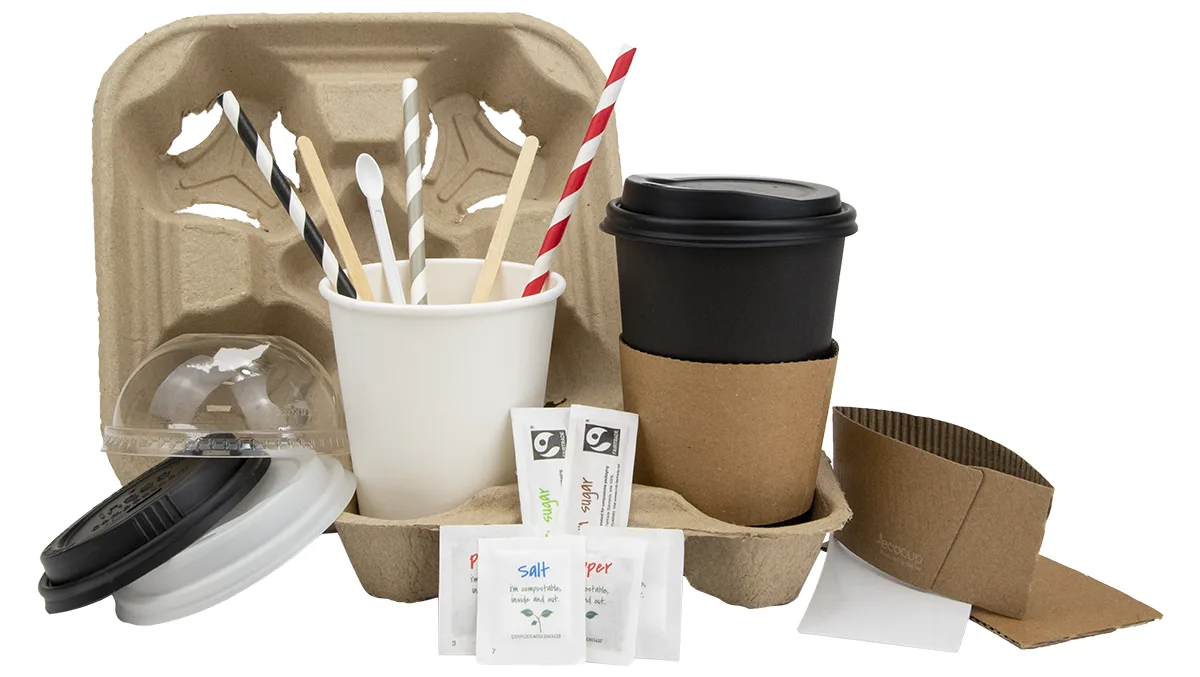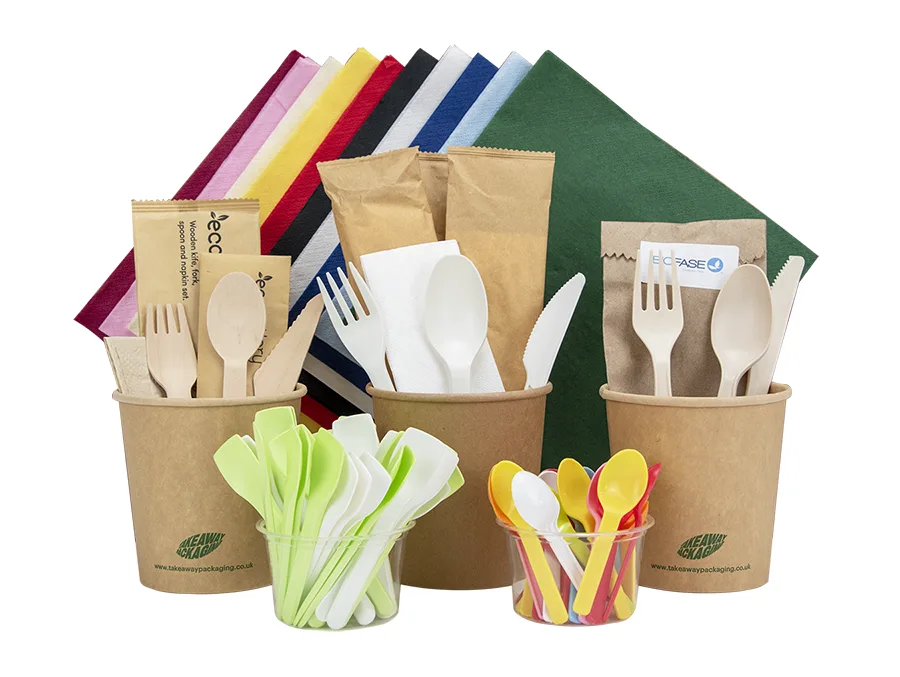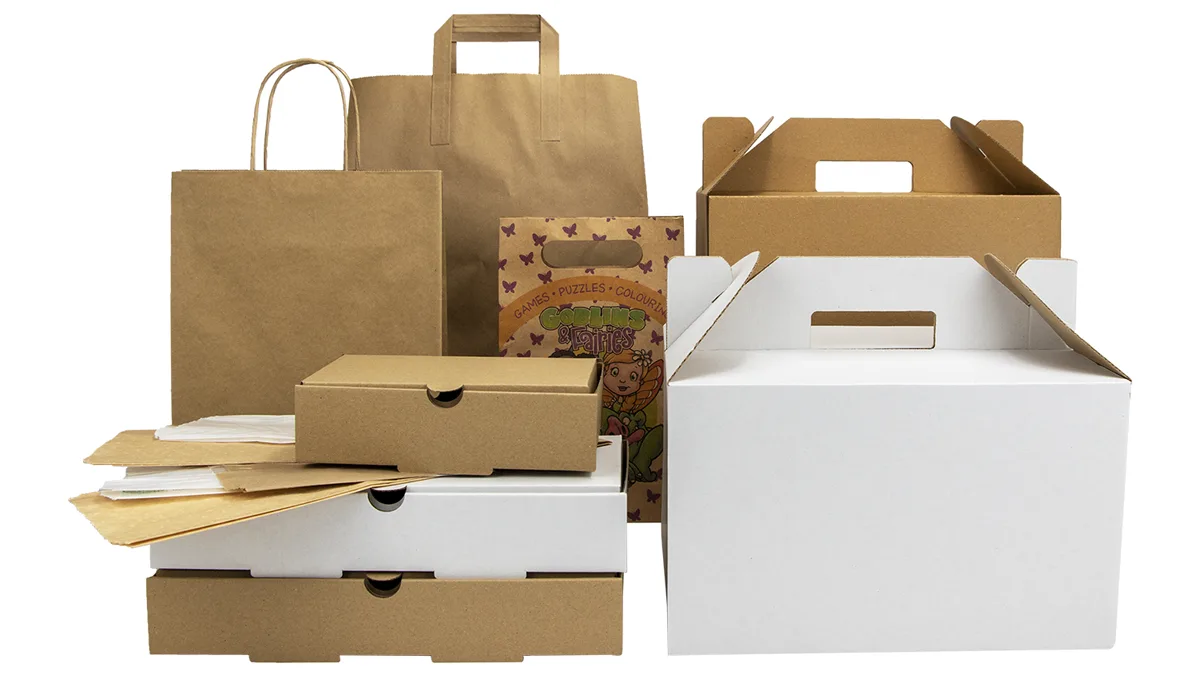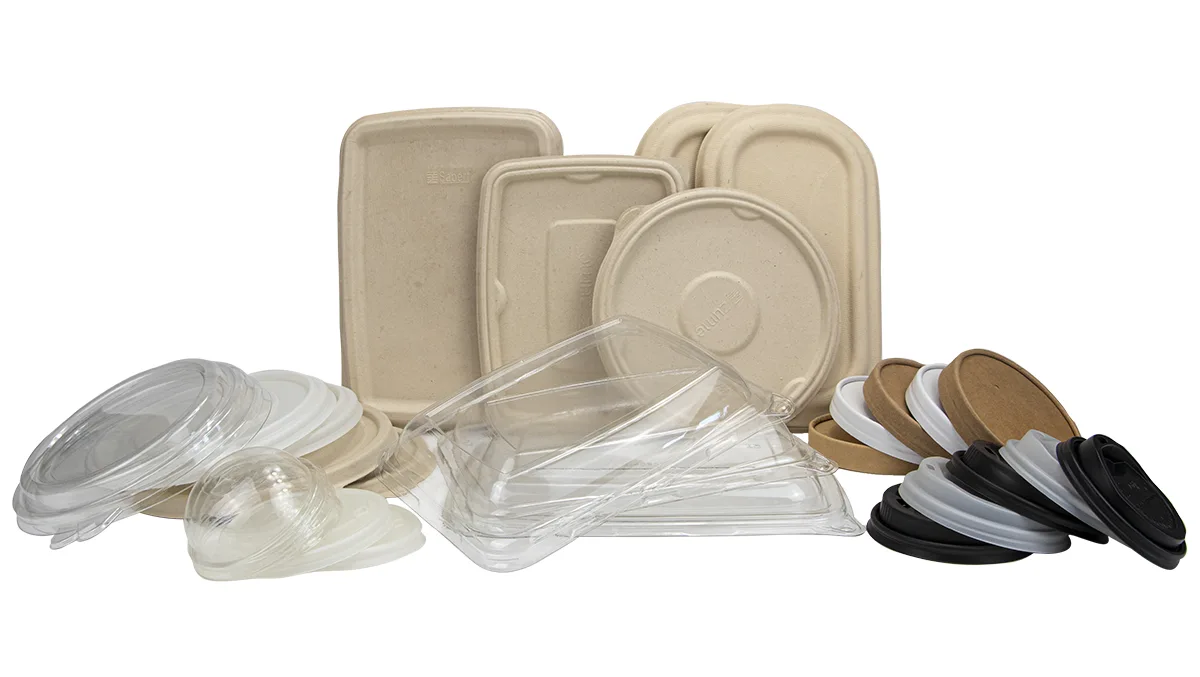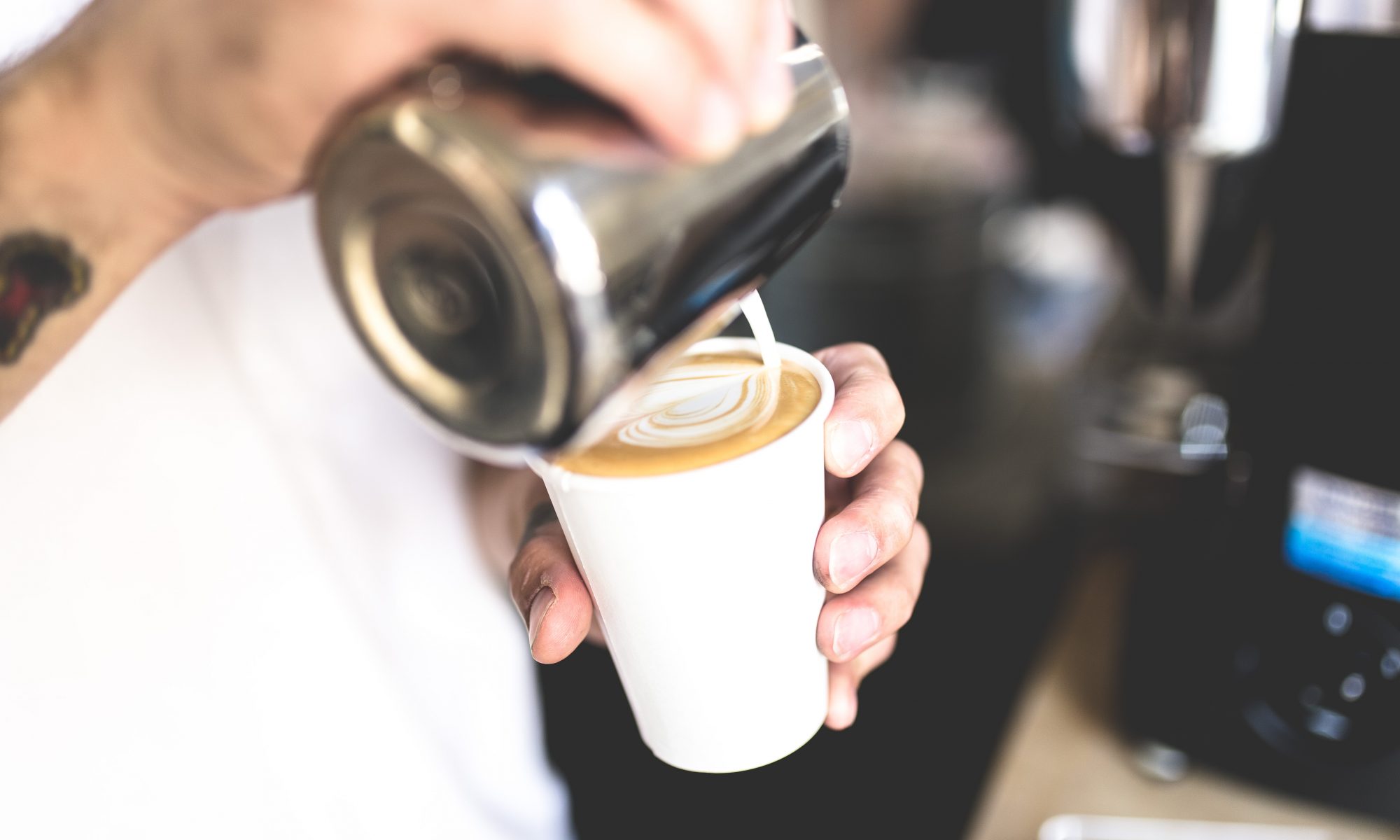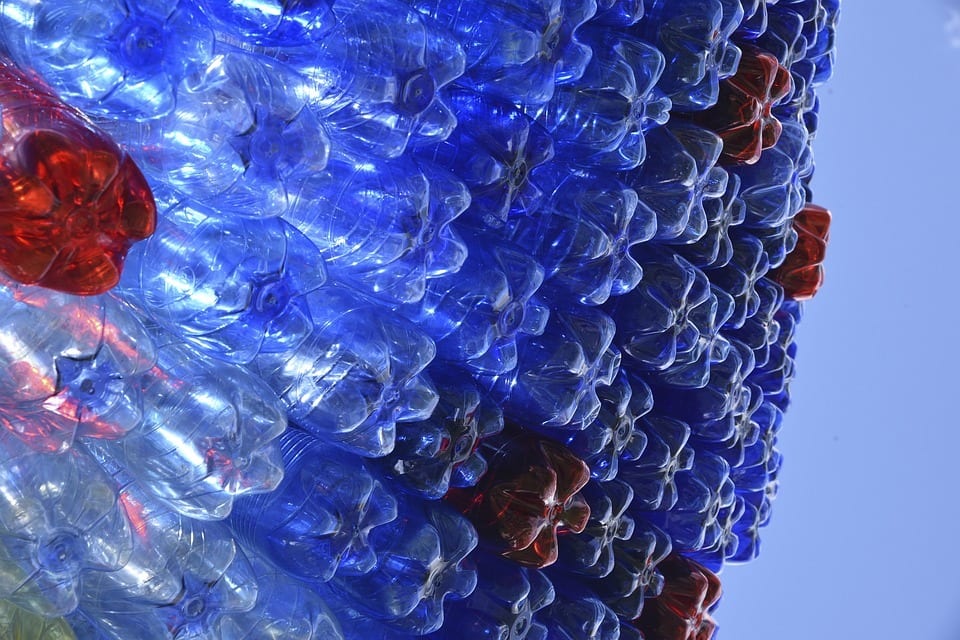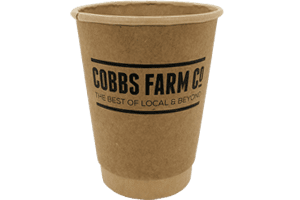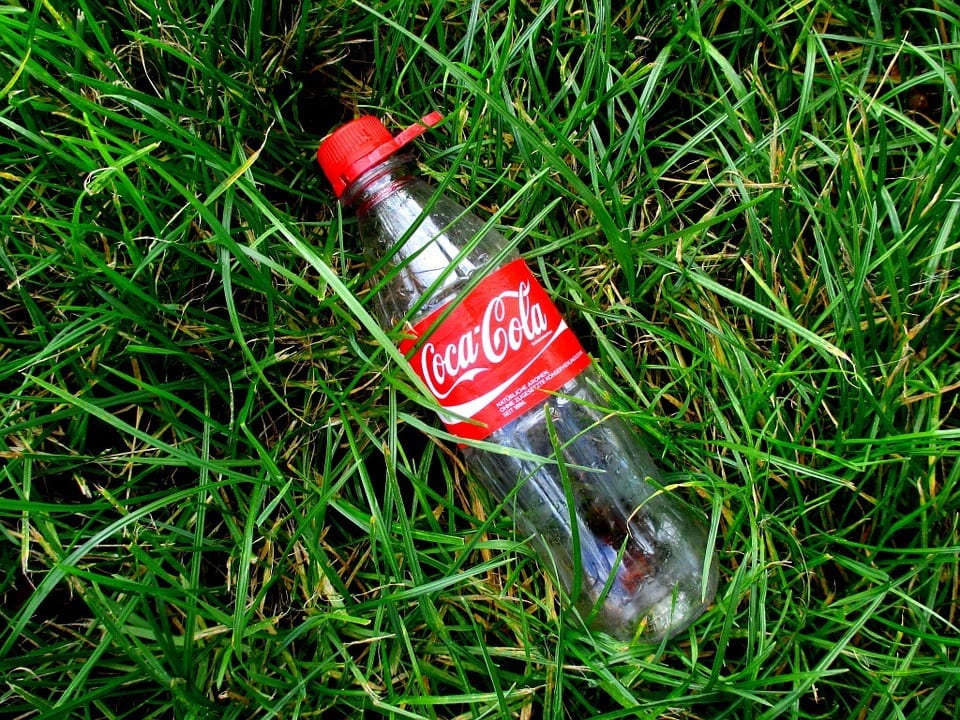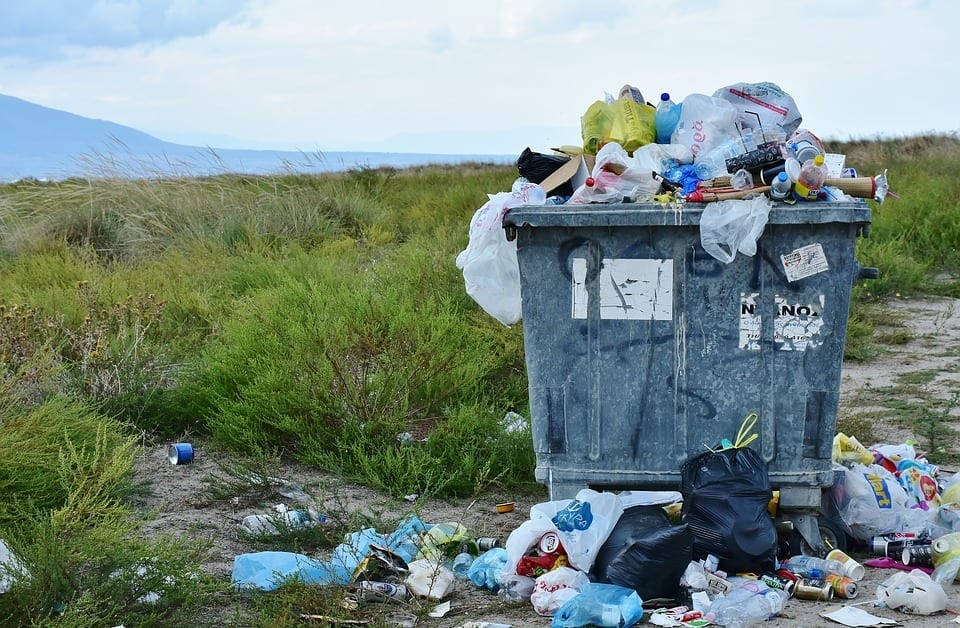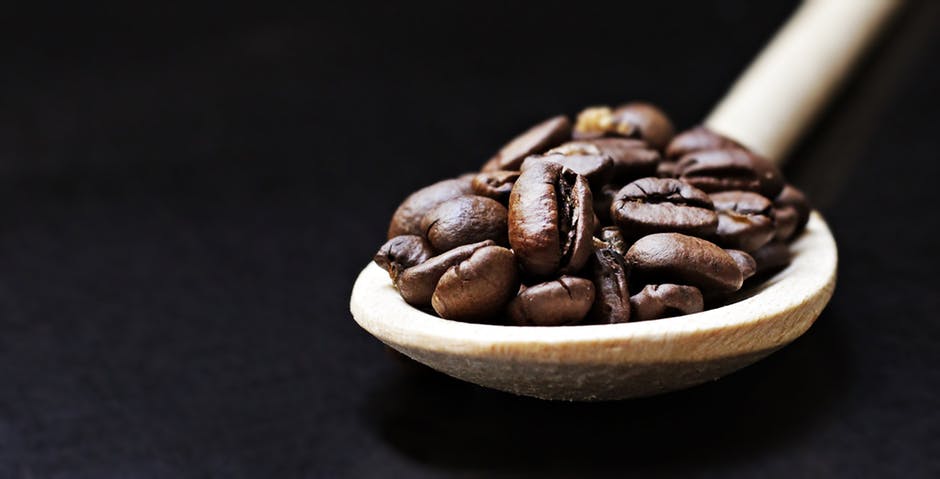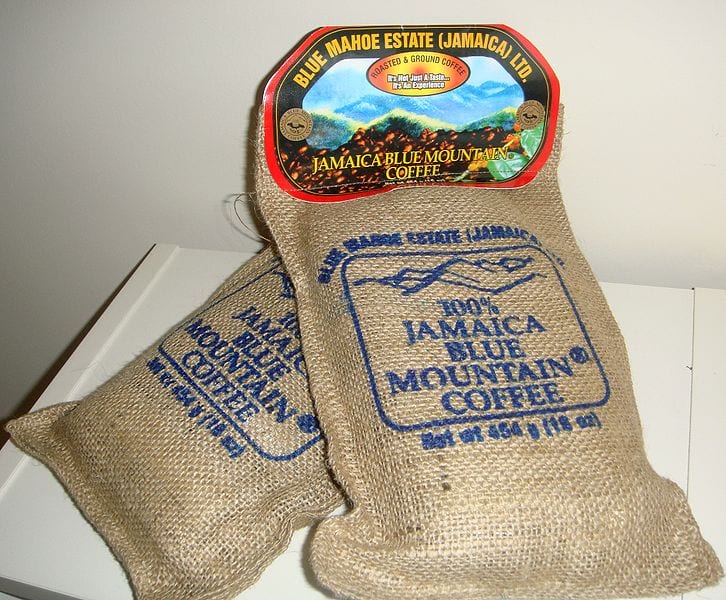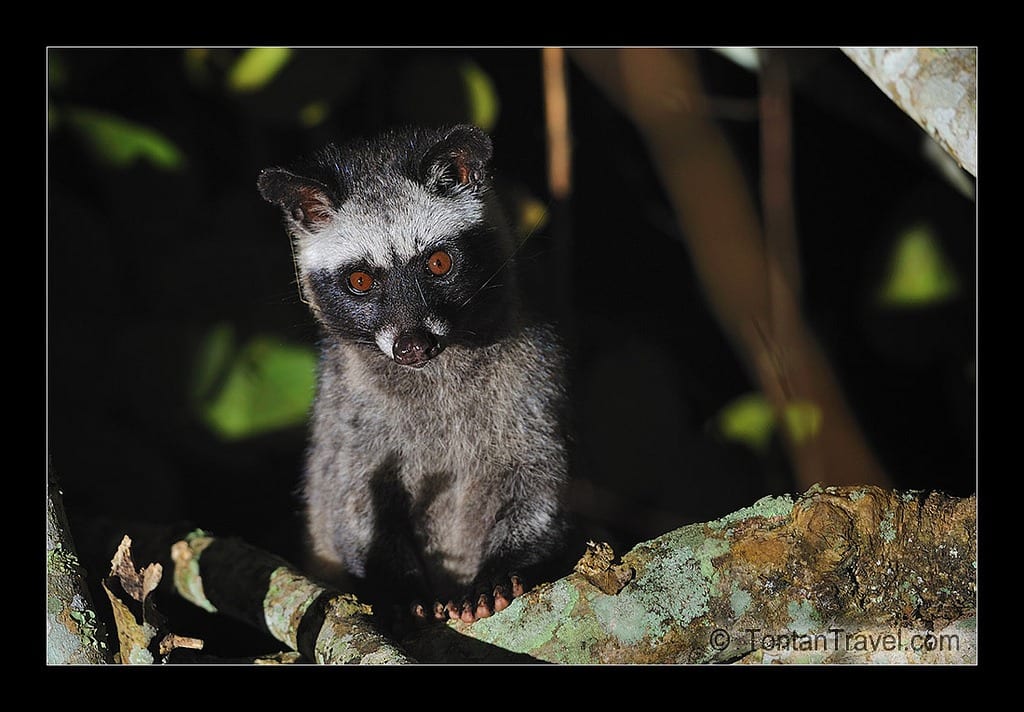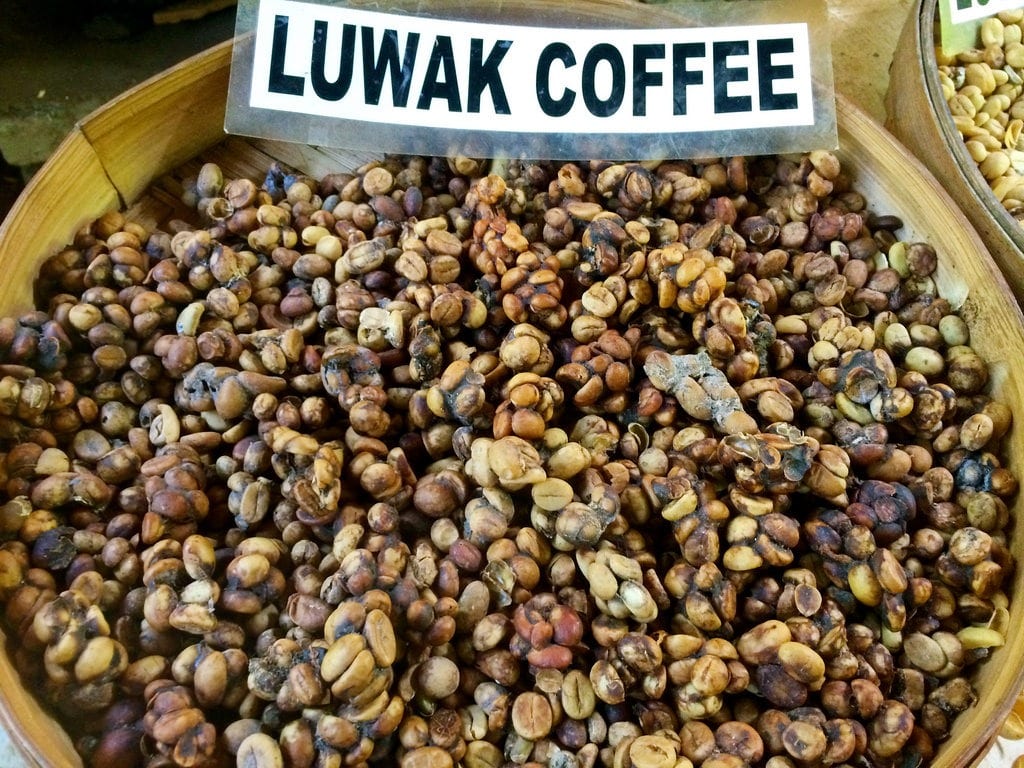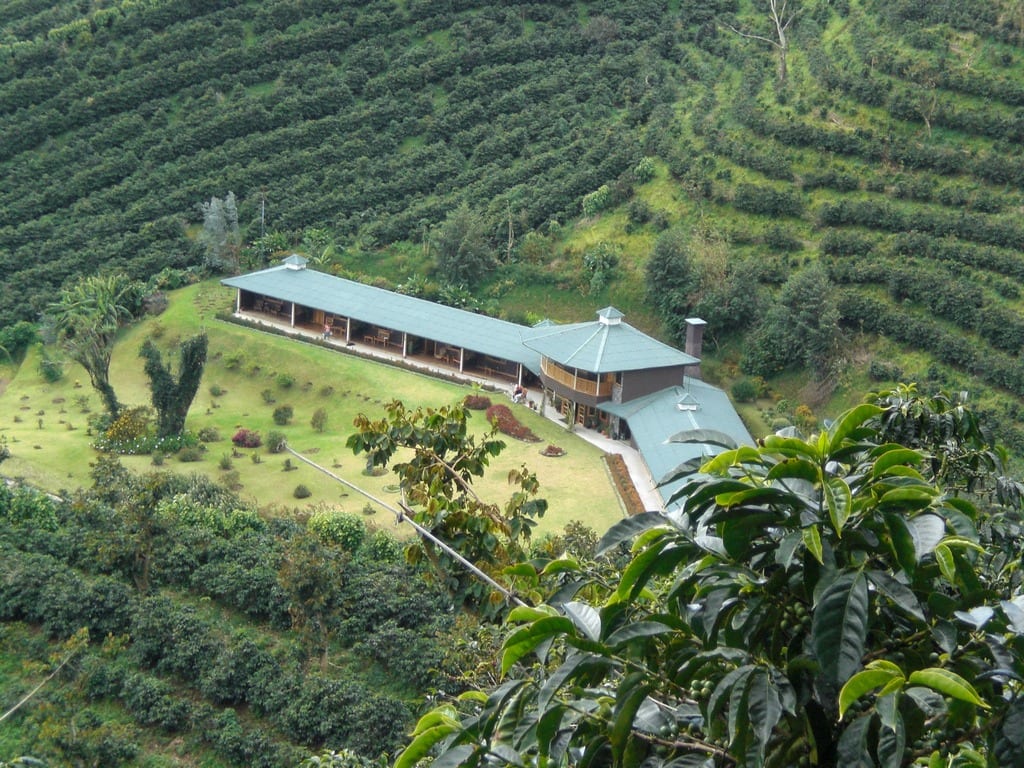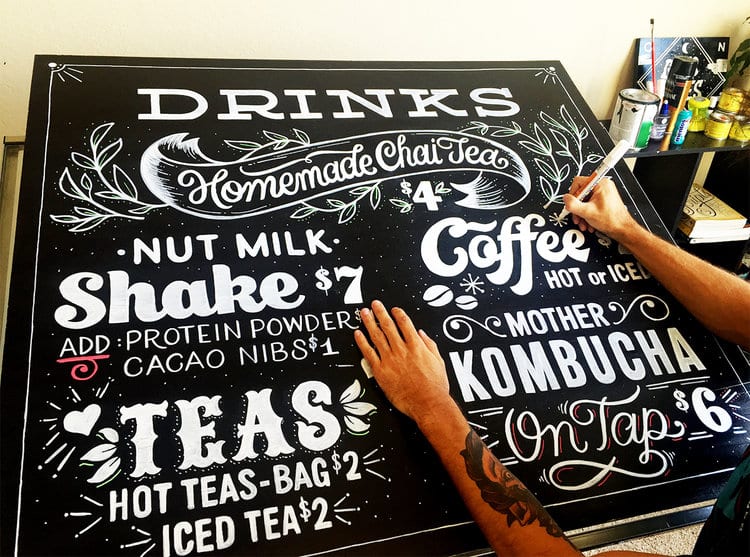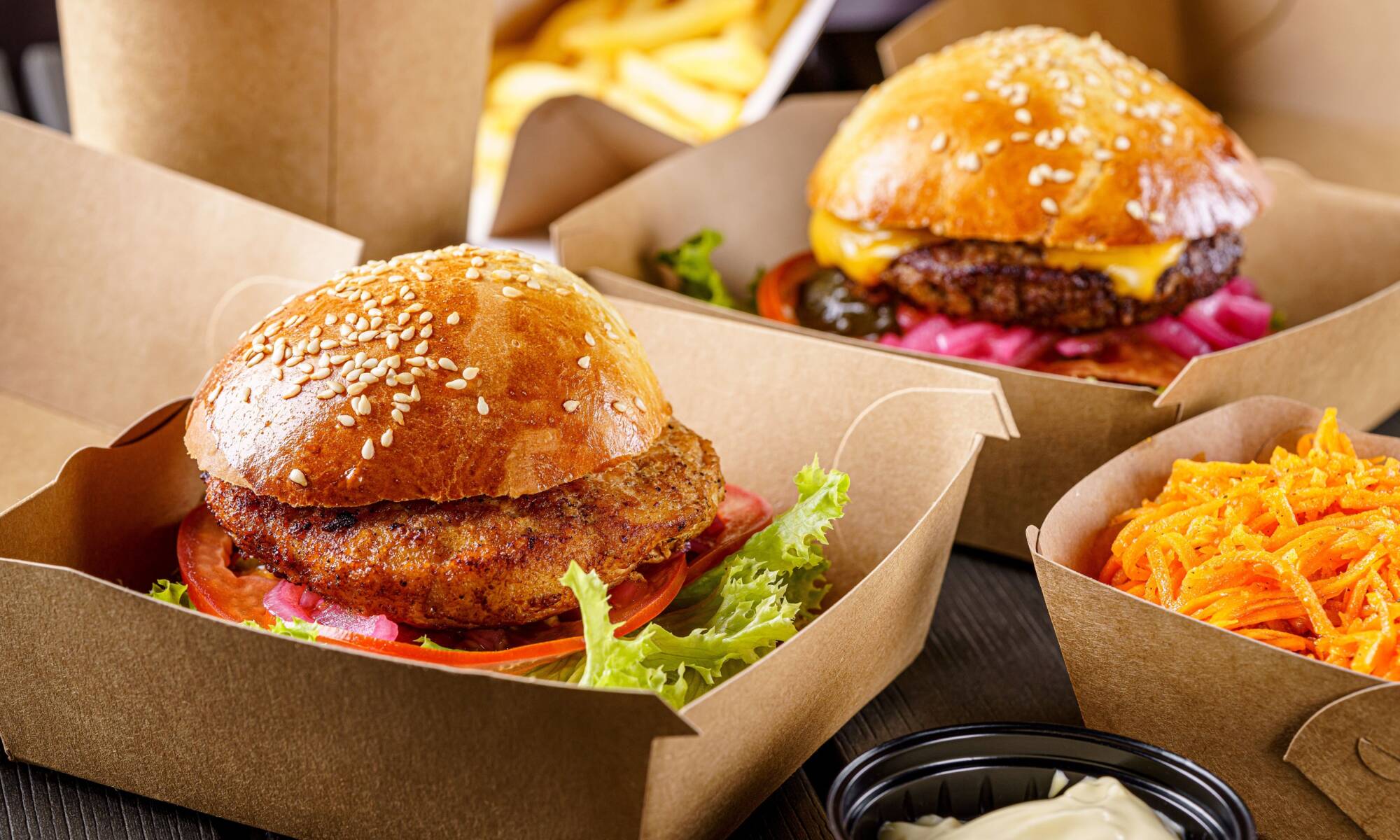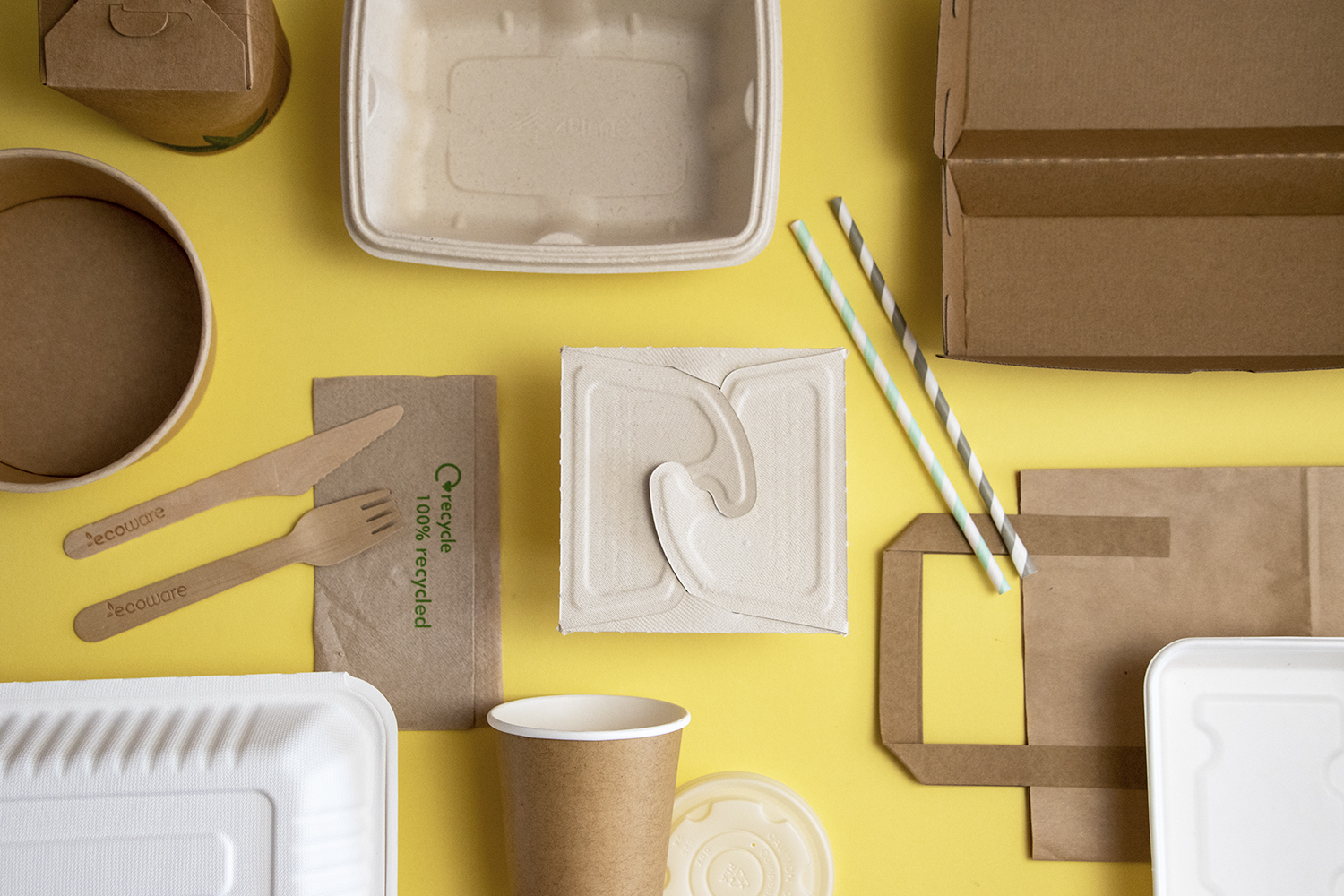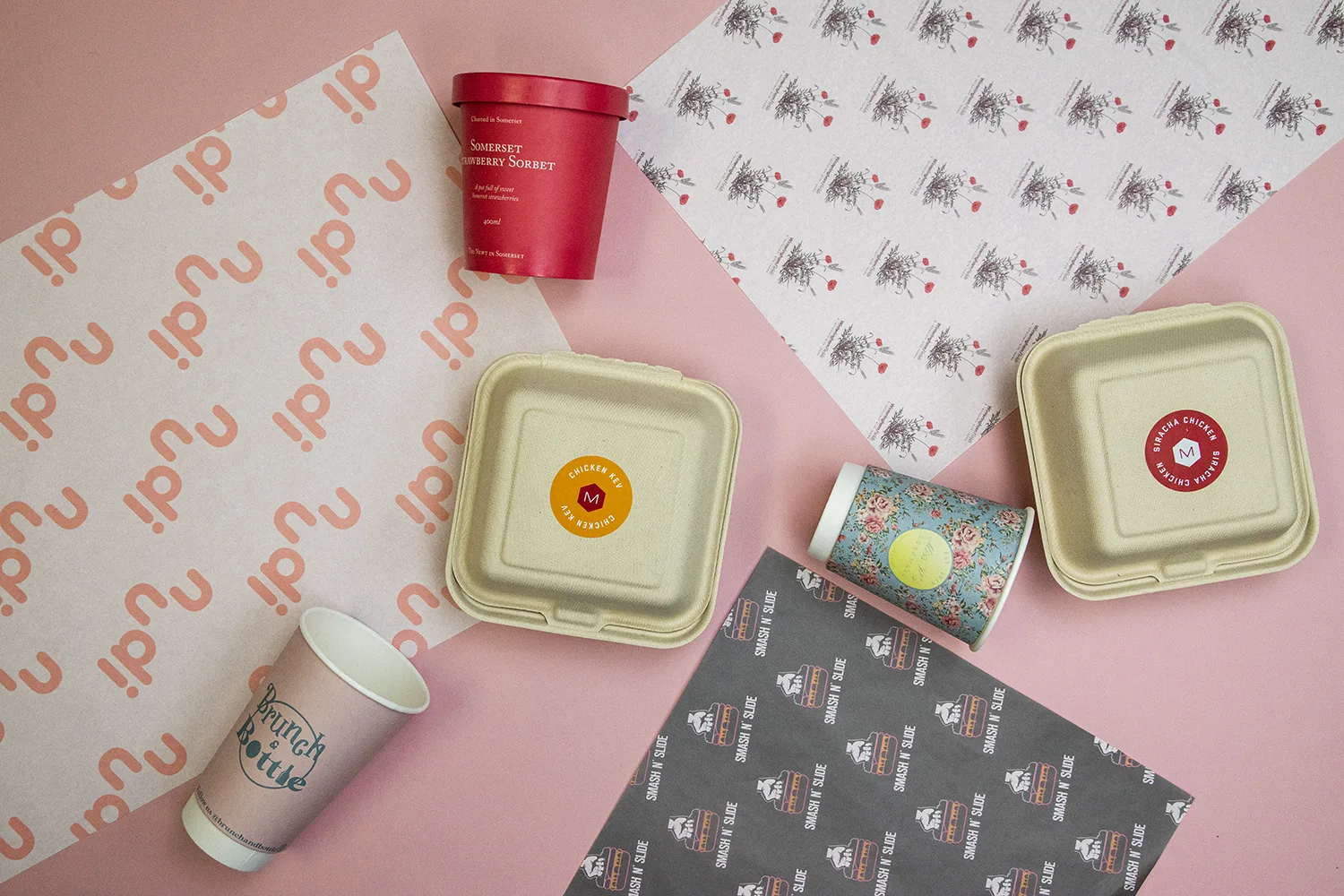To continue celebrating UK Coffee Week, we’ve compiled our top 10 global coffee facts! Let us know what you think.
- Coffee is the second most traded commodity globally. There are around 25 million farmers around the world producing coffee.
- Shepherds in Ethiopia discovered coffee in circa 800 A.D.
- There are two different types of coffee beans: Arabica and Robusta. Arabica is the most popular. Robusta is slightly more bitter and has twice as much caffeine.
- 80% of people who visit coffee shops in the UK do so at least once a week.
- It takes around 42 coffee beans to make an espresso
- In the UK, we drink around 95 million cups of coffee every day. Two billion cups of coffee are consumed globally per day.
- South and Central America produce around two thirds of the world’s coffee supply.
- The official International Coffee Day falls on the 1st of October.
- Coffee was first known in Europe as ‘Arabian Wine’
- The Netherlands is the world’s largest (per capita) consumer of coffee, averaging 2.4 cups of coffee per person, per day.
Keep up to date by following us on social media
@TakeawayPack on Twitter
@takeawaypackaging on Facebook
@takeawaypackaging on Instagram
Contact Us UK Coffee Week The Most Expensive Coffee

